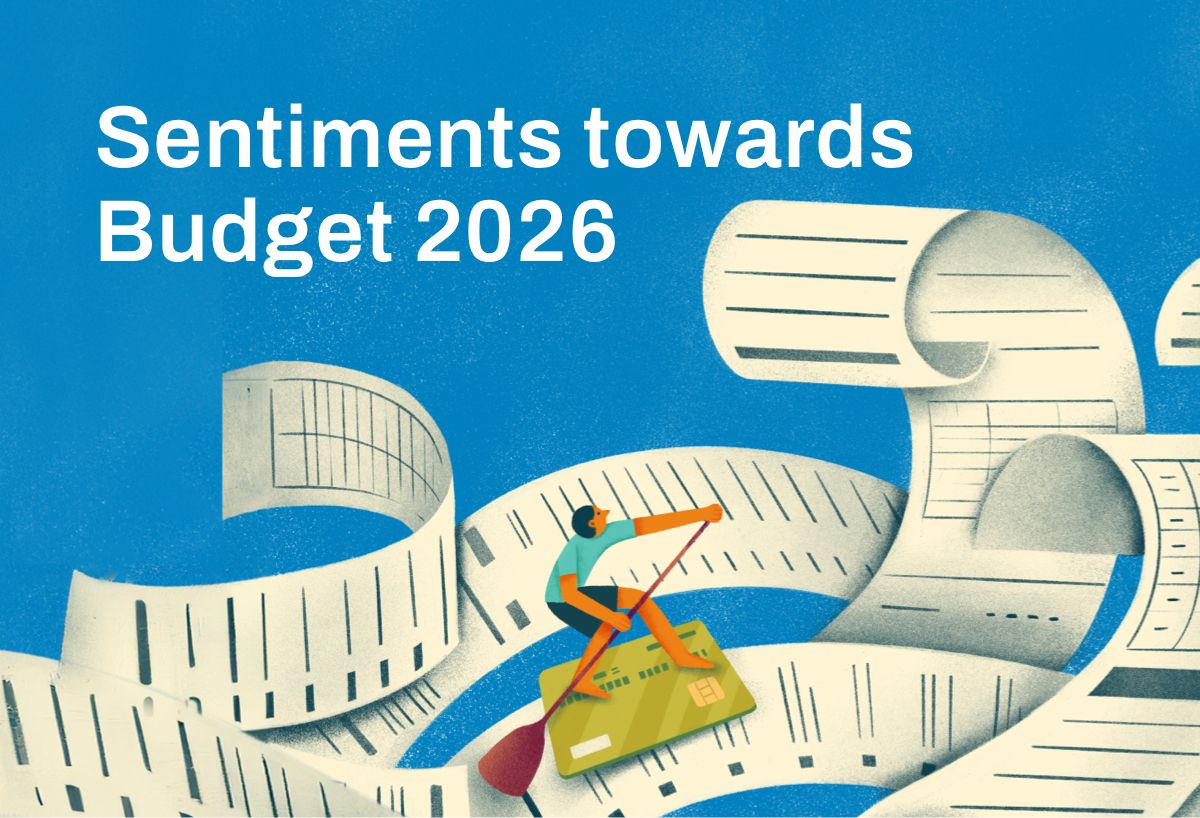46% gap between companies’ sustainability aspirations and actions

This content was first produced by The Edge Malaysia
KUALA LUMPUR (Nov 29): Despite 95% of Malaysian companies setting sustainability goals or targets, only half (49%) have put into practice a comprehensive sustainability strategy, as revealed by the 2023 Schneider Electric Sustainability Survey released on Tuesday (Nov 28).
Eugene Quah, country president of Malaysia for Schneider Electric, said there is growing awareness and commitment among Malaysian companies to establish sustainability goals.
However, the survey’s findings on the intention-action gap reveal that there is still work to be done.
“There are a lot of organisations probably looking at sustainability but are still lacking in a holistic roadmap and are focusing on short term targets, instead of charting a sustainable journey. Organisation leaders need to be in charge of allocating resources, because there will be a lot of work to come up with the ESG (environmental, social, and governance) framework and keeping up-to-date with the framework to implement initiatives,” said Quah.
“As we navigate the urgent need for sustainability, it is imperative for businesses to take a leadership role in driving change, collaborating with governments, and leveraging innovative solutions to create a more sustainable future for our country and the planet.”
The survey revealed that 93% of respondents prioritise sustainability within their companies.
Additionally, 57% state that their companies have dedicated departments or teams responsible for steering sustainability goals and strategies.
An overwhelming 95% of business leaders acknowledge the pivotal role of digitalisation in their corporate sustainability strategy. Simultaneously, an equal percentage (95%) recognise the importance of integrating energy efficiency into their overall corporate sustainability approach.
The primary motivations reported for pursuing corporate sustainability include expanding business opportunities (44%) and fostering innovation and competitiveness (41%). Risk management, reputation enhancement, and opportunities for cost-saving also rank among the top five motivations for companies. Notably, a majority of business leaders in Malaysia (85%) believe that providing more incentives is more effective than enforcing penalties in encouraging private sector compliance with government sustainability goals.
The survey also indicates that despite the widespread presence of sustainable goals in companies, 74% of these goals are short-term, spanning the next four years or less. These findings suggest that while companies may confidently set detailed targets for the near future, they encounter challenges translating broad sustainability plans into tangible actions until approaching the targeted deadline for achieving these goals.
Schneider Electric conducted the survey in partnership with Milieu Insight to identify the intention-action gap in practising green action among companies in Asia. The survey also examined the perceived importance of sustainable business practices and the investment or tangible commitment towards achieving them.
About 4,500 business leaders from nine East Asia countries, including 500 respondents from Malaysia, were surveyed on their perspectives around sustainability and the environment.
The survey primarily targeted middle- to senior-level executives within the private sector, representing companies with employee counts ranging from over 1,000 to below 50. The surveyed companies span across industries, including real estate, transport and infrastructure, data centres, cloud and service providers, financial and professional services, among others.
The other countries surveyed include Indonesia, Japan, South Korea, Philippines, Singapore, Taiwan, Thailand and Vietnam.

Author
Milieu Team
At Milieu, we’re a team of curious minds who love digging into data and uncovering what drives people. Together, we turn insights into stories—and stories into action. We also run on coffee, deadlines, and the occasional meme.





